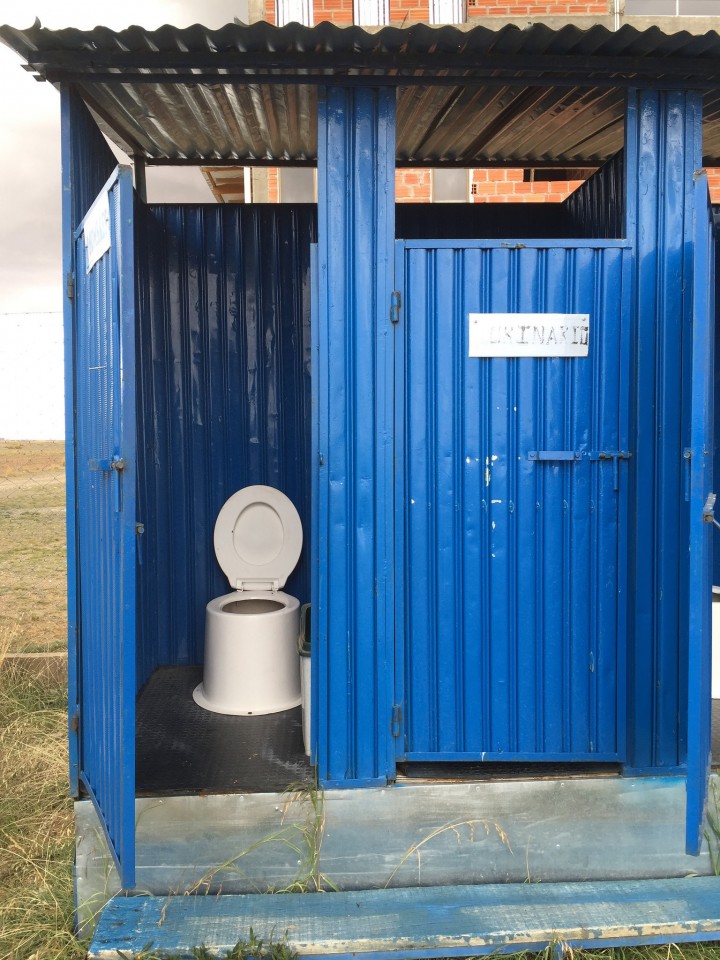The SEI Initiative on Sustainable Sanitation (SISS)
2015 - 2019 • Stockholm Environment Institute (SEI)
Purpose
To strengthen knowledge on how sanitation can contribute to the broader sustainable development agenda, and how sustainable sanitation provision can be achieved at scale
Activities
The Initiative envisions sanitation as an integral piece of the sustainable development puzzle, highlighting the multiple benefits it can provide in areas from health to food security, resilient livelihoods, business growth, renewable energy, and environmental sustainability. In the search for improved and upscalable implementation models, the Initiative examines not just “hardware” issues but includes enabling institutional conditions and governance frameworks, and ways to change users’ perceptions and practices as well as their demand for improved sanitation. This will be achieved through a combination of new research, knowledge management, capacity development, policy engagement, outreach and on-the-ground action.
Images

Image: El Alto, Bolivia © Sarah Dickin -
Countries of activity
Location of main activity
Objectives
The Initiative seeks to strengthen knowledge on how sanitation can contribute to the broader sustainable development agenda, and how sustainable sanitation provision can be achieved at scale in low- and middle-income countries.
Specific objectives:
To develop supportive planning and monitoring tools and models and practices for sanitation, based on analysis of policy and institutional frameworks, considering multi-level governance as a central mechanism in making sanitation sustainable.
To provide evidence of the broader potential sustainability benefits of productive sanitation (in areas as diverse as health, food security, renewable energy, water management, sustainable livelihoods, disaster risk and climate change resilience, gender equality, and environmental sustainability)
To develop and test new scalable community intervention models for sustainable sanitation provision.
Further information
Following an initial phase (2014-2016), SISS was extended for a second phase (2016-2018). 2019 will comprise a summary and synthesis year.
Filter tags
Capacity development Emergency and reconstruction Enabling environment and institutional strengthening Europe & Central Asia Faeces or faecal sludge Global Political processes and institutional aspects Rural areas Sub-Saharan Africa Swedish government University, education or research institution Urine WASH and nutrition
Attached files
Links
Stockholm Environment Institute
Stockholm and Nairobi
Sweden and Kenya
Uploaded by:
Elisabeth von Muench (Elisabeth)
















